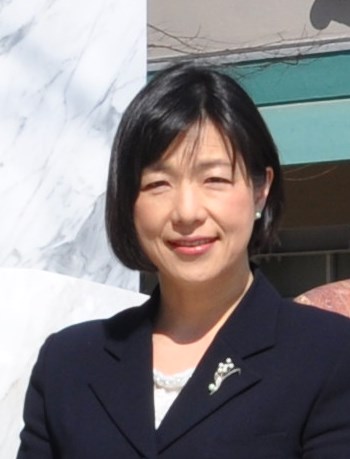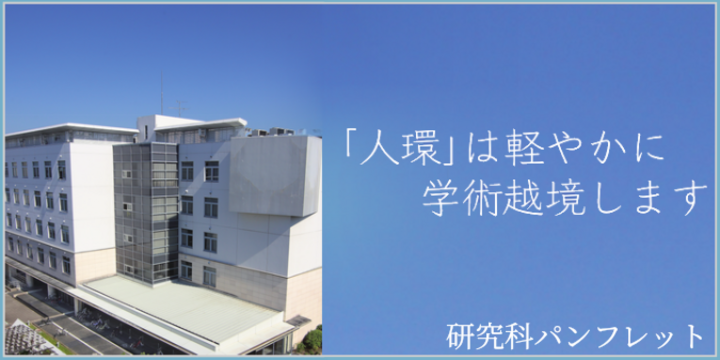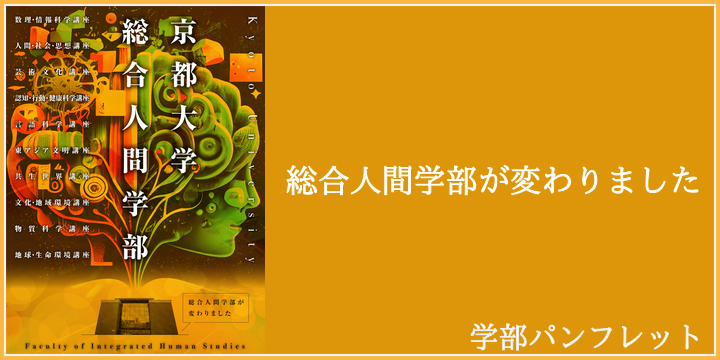MORIGUCHI, Yuka Professor
| Graduate School | Human and Environmental Studies/Studies on Global Coexistence |
|---|---|
| Undergraduate School | Studies on Global Coexistence (Division of Multi-Disciplinary Studies of Civilizations) |
| Other Affiliation | |
| Personal Page |

| Research areas | 20th Century American History, especially Cold War, Science and Cultural Diplomacy |
|---|---|
| Keywords | United States, Cold War, culture, information, science and technology |
| Themes | My primary research interest lies in the U.S. cultural and science diplomacy during the Cold War from the 1950s to the 70s. In recent years, I have explored the US development of oceanology and relations of various actors, including scientists, technocrats, private philanthropic organizations, and government agencies such as USAID. I am also interested in the US relations with international organizations such as UNESCO and FAO. Aside from the primary research interest mentioned above, I am also interested in the history of U.S.-Japan relations seen from the ocean. More concretely, I have been exploring the transition of pelagic fisheries from the pre-Second World War to the postwar years, and how those changes affected international relations in the Cold War era. My research methodologies include oral history interviews with fishermen and others involved in pelagic fisheries, and analysis of historical materials stored in local archives and libraries. |
| Major publications | Yuka Moriguchi, et al., eds., Knowledge Production in Cold War Asia: US Hegemony and Local Agency (Indiana University Press, 2025) Yuka Tsuchiya Moriguchi, “Atoms for Peace Exhibitions in Japan: Localisations of Nuclear Modernity,” in Felix Jawinski and Stefi Richter, eds., Fissures: Nuclear Post-War Japan University of Leipzig, Ostasiatisches Institut Japanologie, CrossAsia Open Access Repository, 2024), 36-60. https://doi.org/10.48796/20240304-017. Yuka Tsuchiya Moriguchi, “Chapter 12: Voices of Deep-Sea Tuna Fishermen in the Japanese Anti-Nuclear Test Movement,” in Elyssa Faison and Alison Fields, eds., Resisting the Nuclear: Art and Activism across the Pacific (Seattle: University of Washington Press, 2024), 217-233. Yuka Tsuchiya Moriguchi, “Chapter 13: Tuna Fisheries and Thermonuclear Tests, 1954-1963,” in Tatsuya Fujihara, ed., Handbook of Environmental History in Japan (Tokyo: Japan Documents, 2023), 193-210. Yuka Tsuchiya Moriguchi, Science, Technology, and the Cultural Cold War in Asia (Routledge, 2022) Yuka Tsuchiya, “32: The Occupation: Pedagogies of Modernity: CIE and USIS Films about the United Nations,” in Hideki Fujiki and Alastair Phillips eds., The Japanese Cinema Book (London: Bloomsbury on behalf of the British Film Institute, 2020) Yuka Tsuchiya, "Japan's Decision to Introduce U.S. Nuclear Reactors in the late 1950s: U.S. Information Campaign to Influence the Japanese Industry," conference paper, Workshop on Cold War and Knowledge in East Asia (National Chengchi University, Taipei, January 29, 2018). Yuka Tsuchiya, "Tuna-fishing as Sussistence and Migrant Work: Cases of Two Japanese Fishing Communities during the 1960s," conference paper, XIX ISA World Congress of Sociology (Tronto, Canada, July 18, 2018). Yuka Tsuchiya, "Japanese Tuna Fishermen and Thermonuclear Tests: Gender and a Dilemma of the Protest," conference paper, International Federation for Research in Women’s History (IFRWH) 2018 (Simon Fraser University, Vancouver, Canada, August 12, 2018) Yuka Tsuchiya, "Chicken of the Sea and Thermonuclear Tests: Japanese Tuna Fishermen in the 1950s as Boundary-Crossers," conference paper, Association for Asian Studies Annual Conference (Toronto, Canada, March 2017). |
| Professional societies/Research and synergic activities | The Japanese Association for American Studies The Japanese Association for American History Kansai American History Association The Chu-shikoku American Studies Society Japanese Association of International Relations Japanese Political Science Association Association for Asian Studies Organization of American Historians Society for the History of American Foreign Relations |
| Teaching Areas |
|
| Background | 2017-present: Professor, Kyoto University 2009-2017: Professor, Ehime University 2004-2009: Associate Professor, Ehime University 2004: Ph.D. at University of Minnesota, Department of American Studies 1993-2000: Research Assistant and Lecturer, Hiroshima University, Faculty of Integrated Arts and Sciences 1992 M.A. at University of Maryland, Department of History |



